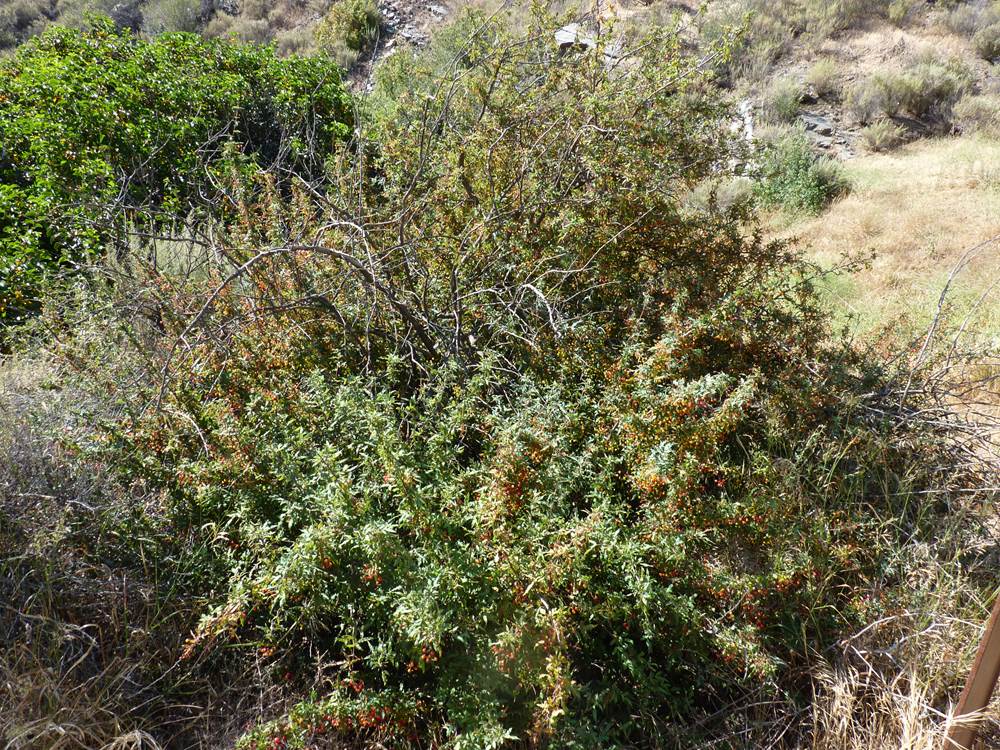23+ Berberis Spp

University of minnesota extension.
Berberis spp. Berberis thunbergii golden nugget a whopping 450 species comprise this genus of evergreen or deciduous shrubs. The barberry species berberis spp contains both evergreen and deciduous forms. The aecial stage of this pathogen has received. Botanists have for many years had no consensus on the classification some preferring to treat the group as a single genus while others opt to separate the two groups into distinct genera therefore many species have two scientific name one in berberis the other in mahonia each used. Berberis ˈbɜːrbərɪs commonly known as barberry is a large genus of deciduous and evergreen shrubs from 1 5 m 3 3 16 4 ft tall found throughout temperate and subtropical regions of the world apart from australia. Barberry foliage is an ornamental feature for most varieties. Serve as the alternate hosts to two important rust pathogens of small grains and grasses puccinia graminis and p.
If playback doesn t begin shortly try restarting. Center for invasive species and ecosystem health. Browse pictures and read growth cultivation information about berberis species darwin barberry darwin s berberis berberis darwinii supplied by member gardeners in the plantfiles database at d. Provides state county point and gis data. Center for invasive species and ecosystem health. Wintergreen barberry wintergreen barberry berberis julianae is an evergreen shrub with extremely thorny branches. The common barberry and several other berberis spp.
Berberine is a potent antibacterial but has low oral bioavailability. Barberry is a member of the berberis genus. Berberis and mahonia are two widespread and common members of the berberidaceae found in many countries. Growing to 10 feet tall this plant makes an excellent live barrier or hedge. Interesting winter fruits are oval and bluish black in color. Dark green leaves turn bronze in the winter and yellow flowers follow in the spring. Barberry eradication has been practiced for centuries as a means to control stem rust.
Useful in a border as specimens or as hedges. The deciduous varieties drop their leaves annually. Barberry berberis spp hosts the aecial stage of several rust species including puccinia graminis which causes stem rust on grasses and cereals. This makes it especially useful for gastrointestinal infections and topically for sinus infections.































































